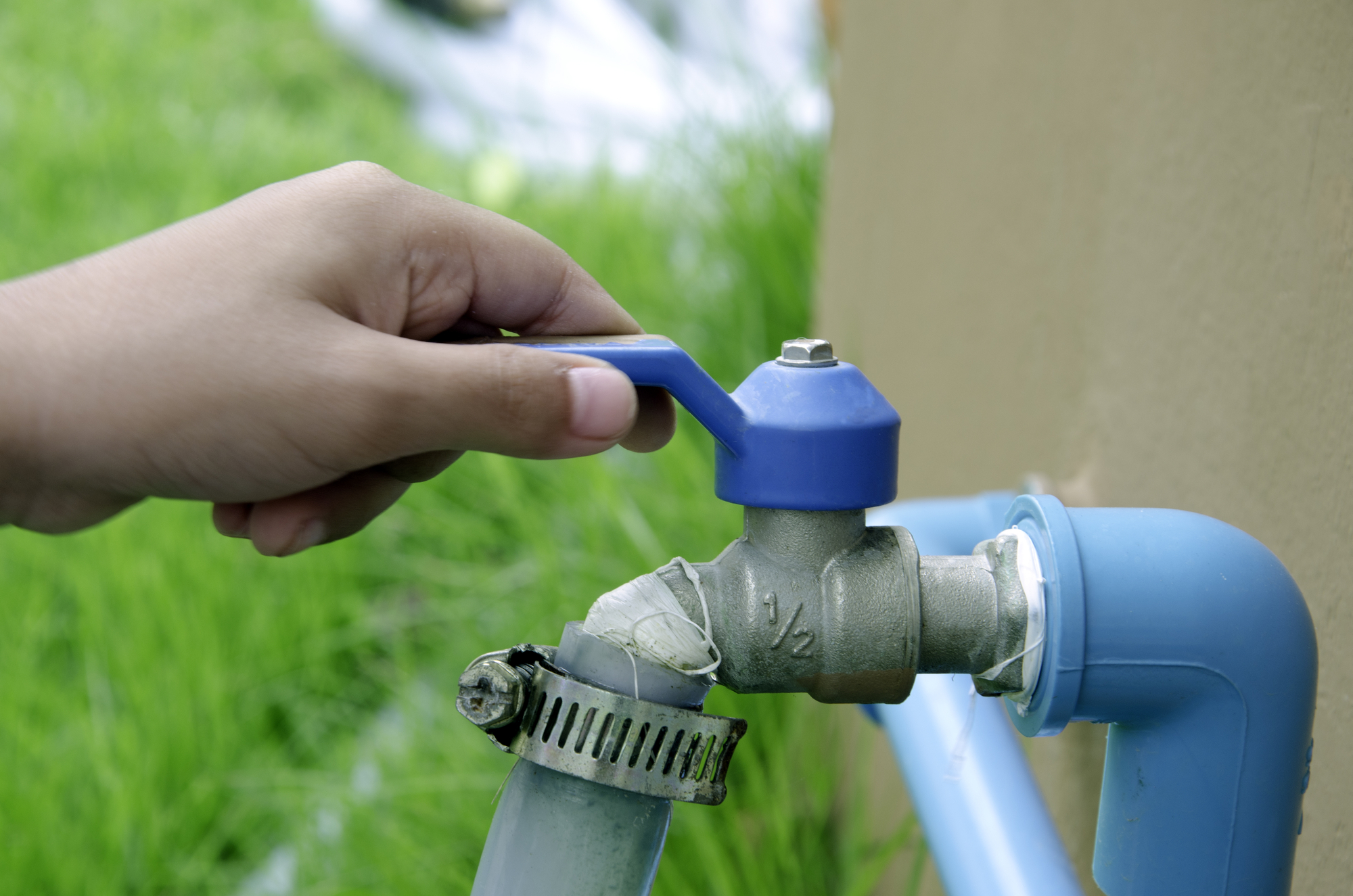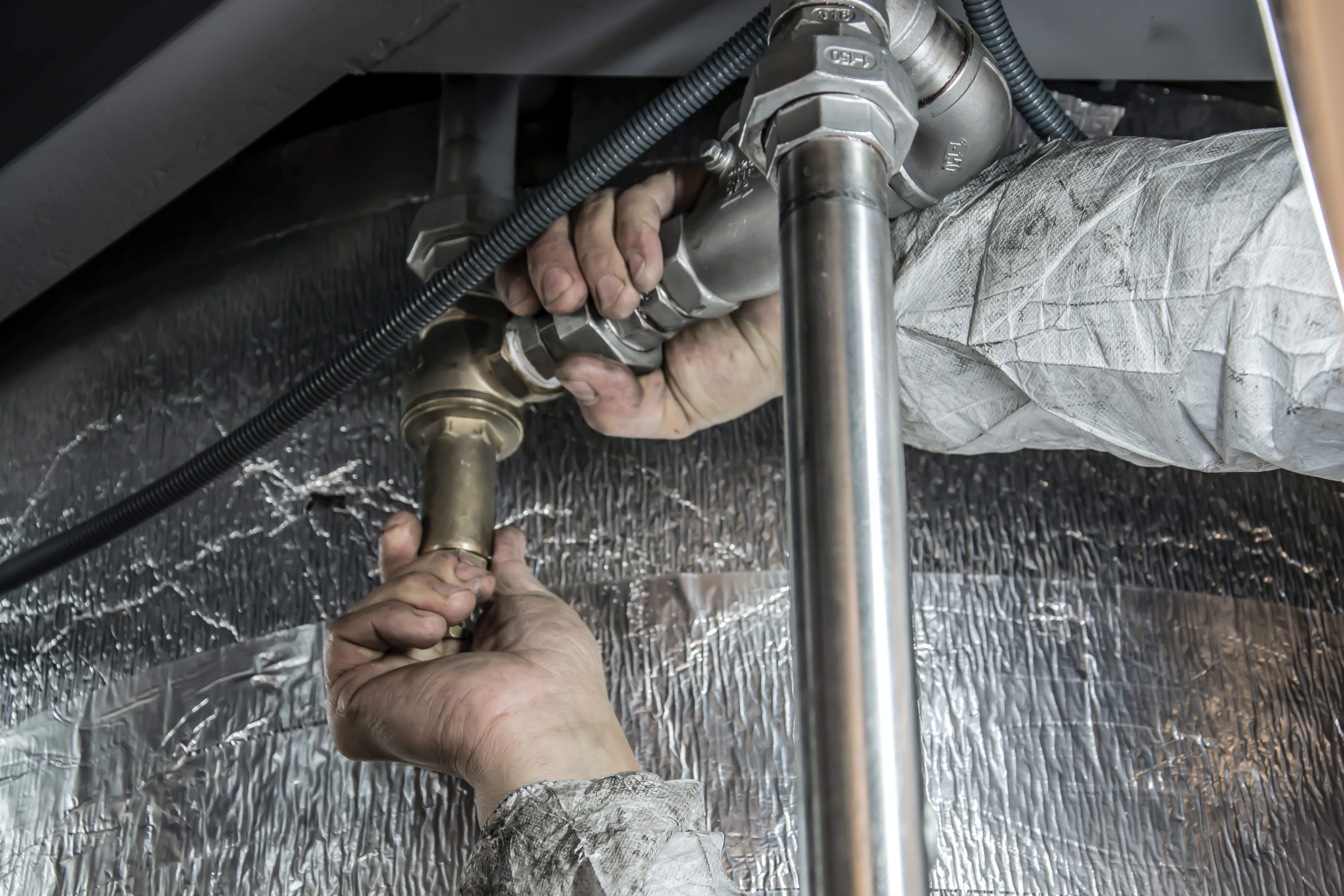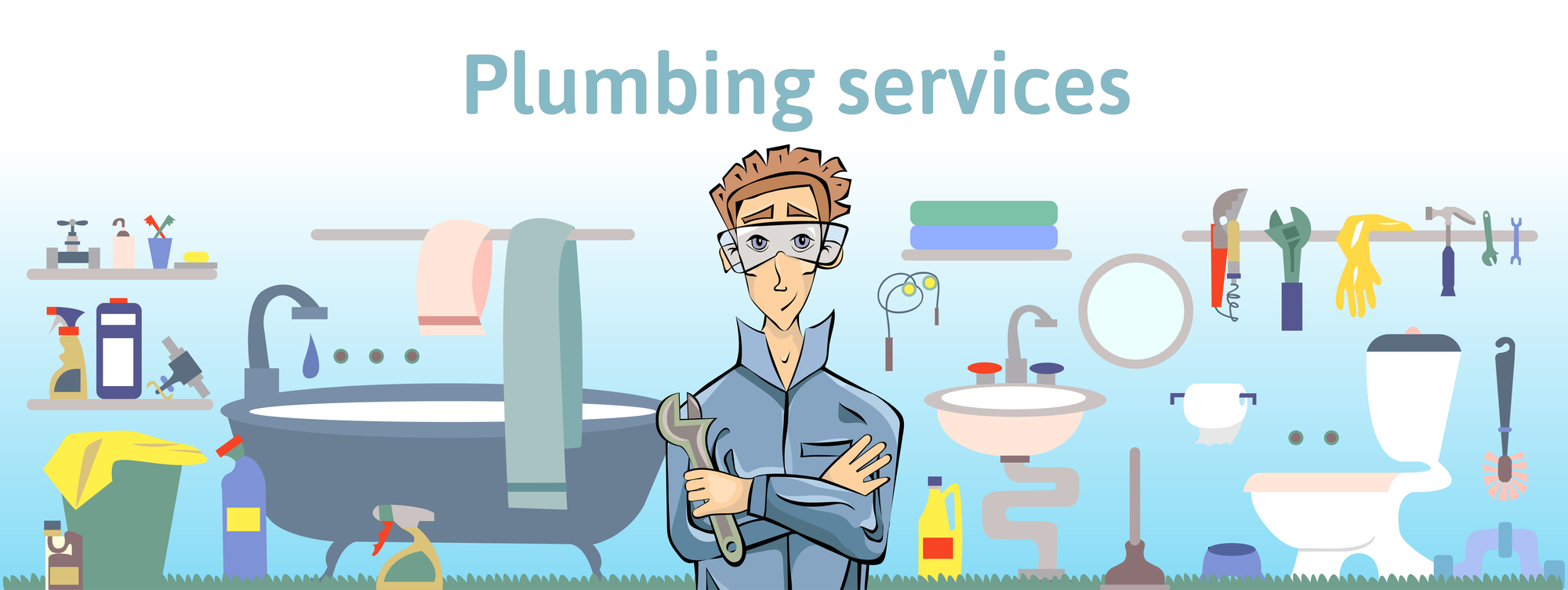As homeowners, it is essential to ensure that the water we use at home is clean and safe. While many may rely on municipal water supplies, such water may still contain impurities such as sediment and chemicals. This is where whole-home water filters come in handy. What are they, and why should you consider installing one in your home? Read on to find out.
Whole-home water filters are installed at the point where water enters your home so that all water coming from any faucet or appliance in the house will be filtered. These filters typically use a combination of physical filtration, chemical adsorption, and ion exchange to remove contaminants from water.
The most significant benefit of whole-home water filters is that they remove contaminants from the water before it enters your home’s plumbing system. This means that the water you use for showering, doing laundry, or washing dishes is free of impurities that may affect your health or damage your plumbing fixtures.

Here are some of the benefits that whole-home water filters offer:
1. Provides clean drinking water
Drinking contaminated water can lead to serious health problems. Whole-home water filters are designed to remove harmful substances from the water, ensuring that you have clean, safe drinking water. This way, you can avoid buying bottled water, which can be costly and harmful to the environment.
2. Reduces exposure to harmful chemicals
Many homeowners may not be aware of the harmful chemicals present in their tap water. A whole-home water filter removes impurities such as chlorine, fluoride, and pesticides, reducing your exposure to these harmful chemicals. This, in turn, can help prevent certain health conditions that may result from exposure to such chemicals.
3. Increases the lifespan of plumbing fixtures
Unfiltered water can contain sediment and minerals that can corrode and damage plumbing fixtures, leading to costly repairs. By installing a whole-home water filter, you can protect your plumbing system from such damage and extend its lifespan.

4. Save money
While whole-home water filters may be costly initially, you will end up saving money in the long run. You will no longer need to purchase bottled water, and the lifespan of your plumbing system will be increased, reducing the need for expensive repairs.
Types of Whole Home Water Filters:
There are several types of whole-home water filters available on the market. Here are some of the commonly used ones:
1. Sediment Filters
Sediment filters are designed to remove large particles such as sand, dirt, and rust from your water. This type of filter is usually the first step in the filtration process and works to prevent clogs in the other filters.
2. Carbon Filters
Carbon filters use activated carbon to remove impurities such as chlorine, pesticides, and other chemicals that may be present in your water. This type of filter is ideal for those who want to improve the taste and odor of their water.
3. Reverse Osmosis Filters
Reverse osmosis filters use a semi-permeable membrane to remove impurities and contaminants from the water. This type of filter is ideal for those who want to remove dissolved solids, bacteria, and viruses from their water.
4. UV Filters
UV filters use ultraviolet radiation to kill bacteria and viruses that may be present in your water. This type of filter is ideal for those who want to add an extra layer of protection against harmful microorganisms.
In conclusion, installing a whole-home water filter is an investment in your health and the longevity of your plumbing system. By removing impurities from your water, you can enjoy clean, safe water throughout your home. If you’re interested in installing a whole-home water filter, contact your local plumbing experts at Ace Plumbing Repair. Give us a call at (844) 711-1590 or visit our website aceplumbingrepair.com to learn more.






